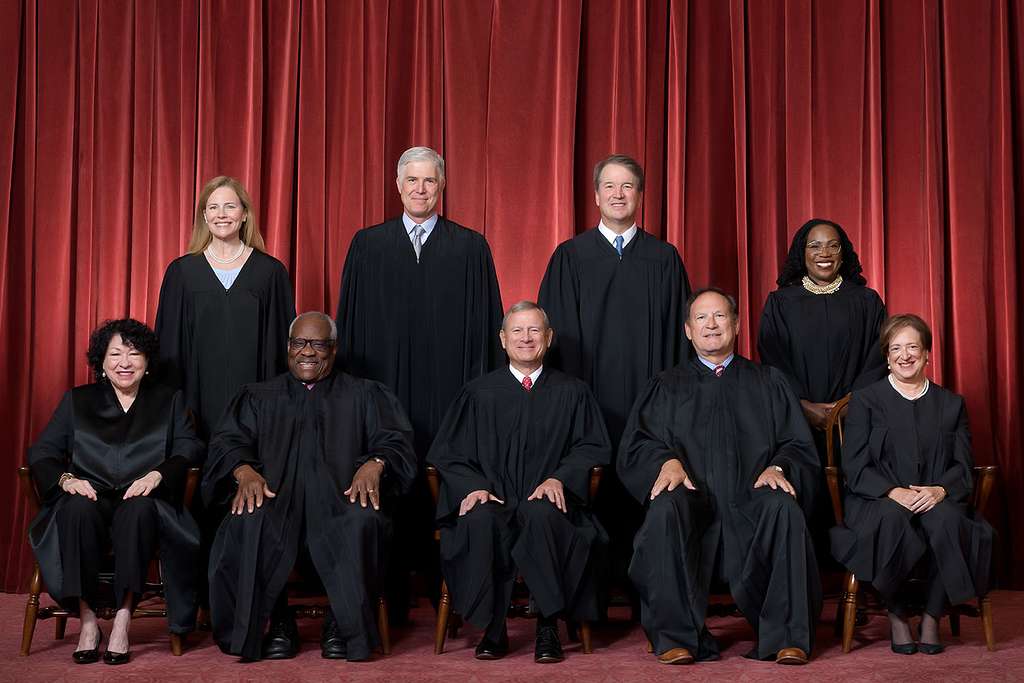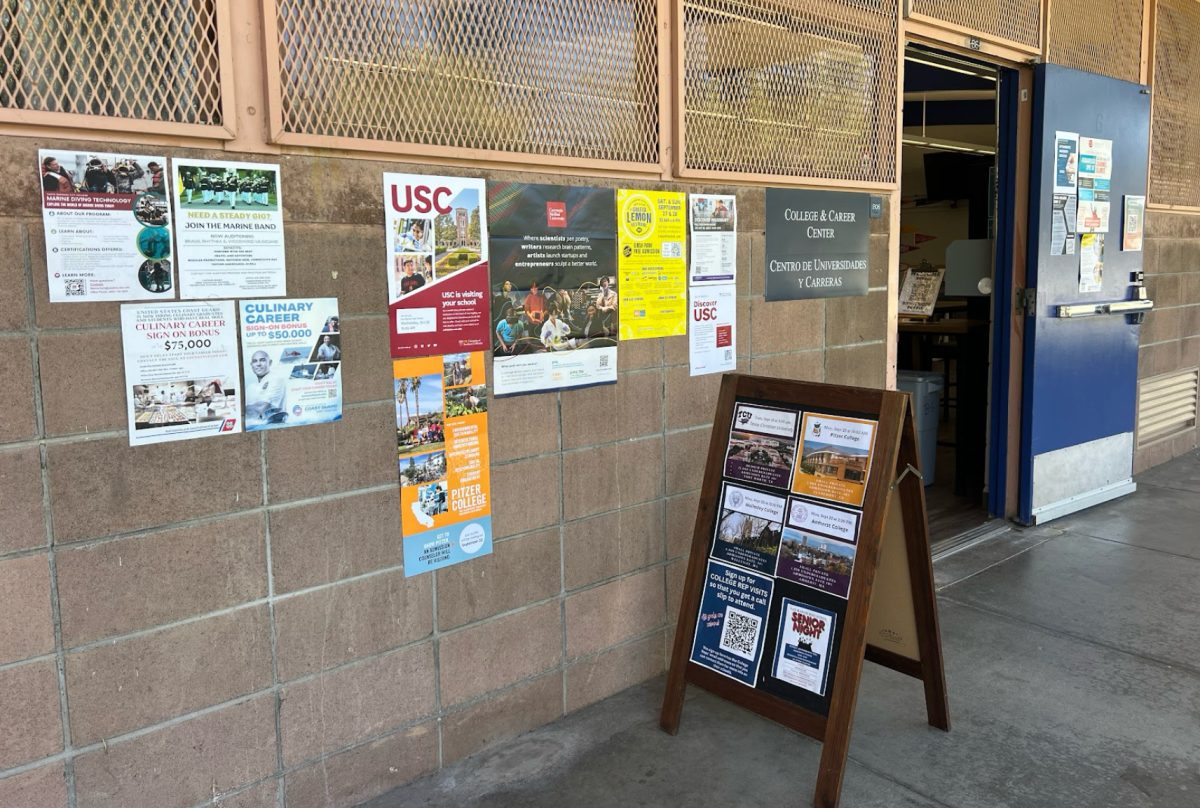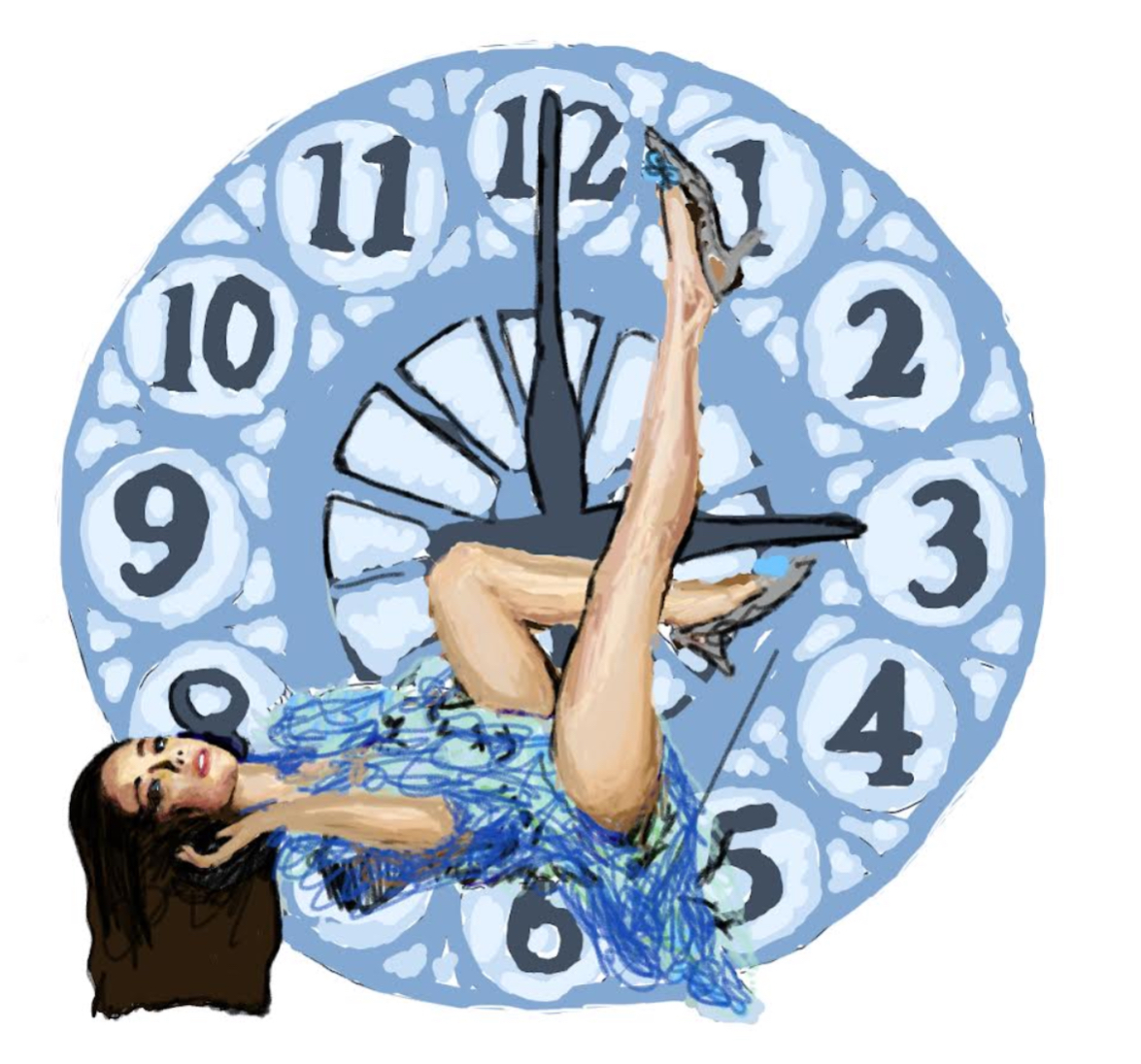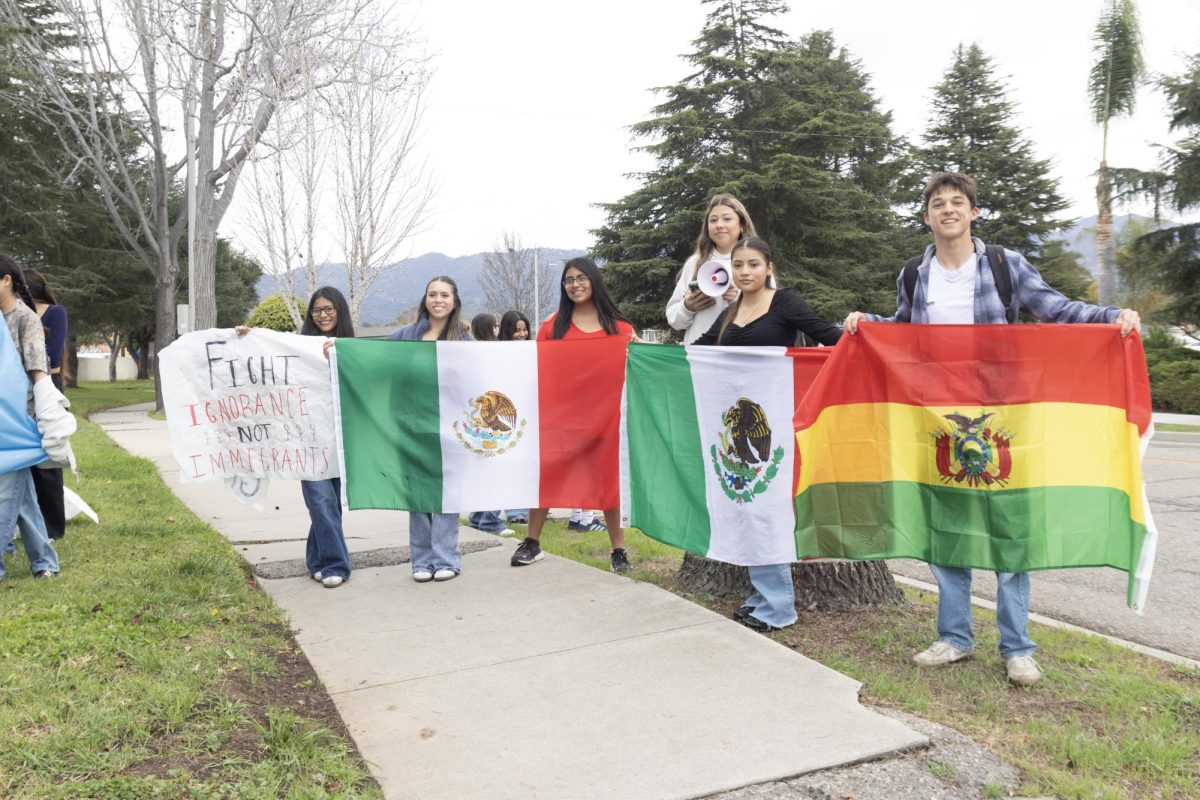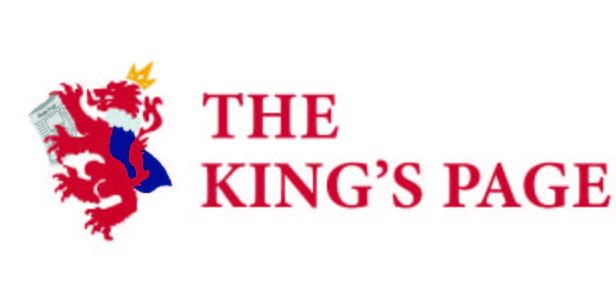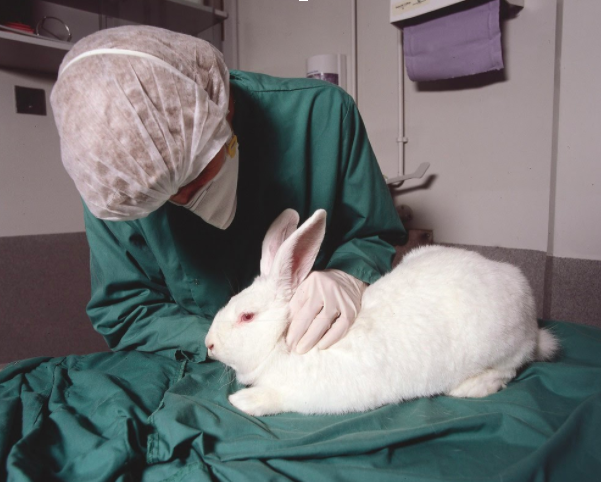
What exactly does it mean to have a product tested on animals? In its basic terms, animal testing refers to the procedures performed on living animals that assess the effectiveness, test the human health, and environmental safety of consumer and industry products. These products are most commonly drugs/medication, household, surgical techniques, household cleaners and cosmetics. But what products exactly and how are they tested?
Products tested on animals are scarily common and take the form of everyday items that most people would not give a second thought to how they know it to be safe. And most of the time, it’s not because it’s been tested on humans. As society deems it unethical to use a product in human beings first, because of the possibility that it would cause harm rather than good, the product is tested on animals to be certain that it is safe and effective. Most commonly, guinea pigs, rabbits, dogs, rats, hamsters, mice, sheep and others are shaved, force fed, forced to inhale toxic fumes, have chemicals dripped into their eyes and more. All this with the apparent risk of the animals being poisoned, suffering painful reactions and going through great mental distress if they survive by some chance. And that chance is only around 3% despite efforts to improve the predictability of animal testing. Because they are deemed “inhuman” there appears to be no issue. Countries around the world take part in this, and even if a product harms animals, it can still be marketed to consumers.
“I have heard that animals are used a lot to test cosmetics […] I know it can have bad effects if not tested properly,” says SM staff member Mr. Ohrn.
Some of the common brands that test on animals include Kleenex, Windex, Vaseline, Lipton’s tea, Post-it Notes, Band-Aids, Trojan Condoms, Mars Candy, Splenda and Iams pet food. It is likely that you have heard of at least a couple of these products so now it becomes apparent how common it is for brands to test on animals. It is seen in everyday products that are given no second thought. But the truth is that thousands of animals have died in testing these products to make them safe for us.
We should not, however, forget to mention that there are a handful of big name brands like Avon, Revlon and Mary Kay Cosmetics that had tested on animals in the past but have since reversed their ways abandoned animal testing themselves or asking anyone else to test for them. Regardless of their motives, whether it was morals, money, to appease to the public etc., these brands are setting an example for respecting animal rights. Sadly, other brands like those stated above, have not taken notes from this example and continue to test their products on helpless animals.
“I think it’s important to spread awareness […], I think it’s not a great thing by any means,” says SMHS Junior Jack Wiebe.
It is a tragedy that is being fought by many animals rights organizations, most famously PETA, but individuals can also make an impact. Like most things, a lack of support, or more convincingly funds, can make a product and/or its practices go out of business. A company only makes profit off of a product that sells, and if people boycott a product, the company makes no money. I believe this is very motivating for the average business owner, and has already proven effective with SeaWorld where a type of boycott drove them to stop capturing new orca whales for their park. Boycotting animal tested products can bring upon the same effects and drive the brands to abandon their practices. Through a quick online search or downloading an app that points out animal tested products in seconds, you can be a part of the boycott and put one further strain on the brand in the direction of abandoning animal testing. It is a bit of an effort, but the outcome saves the lives of countless innocent animals.


